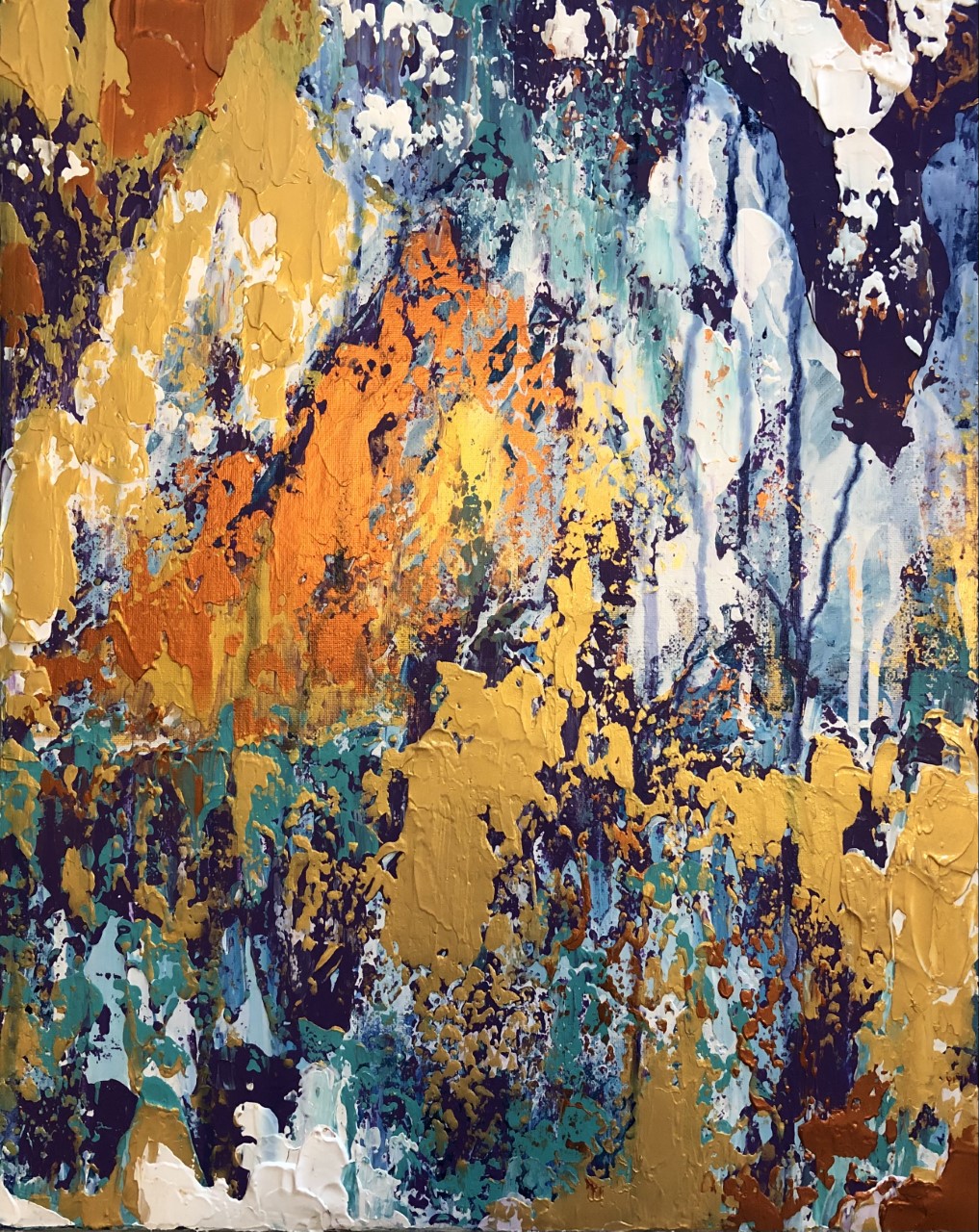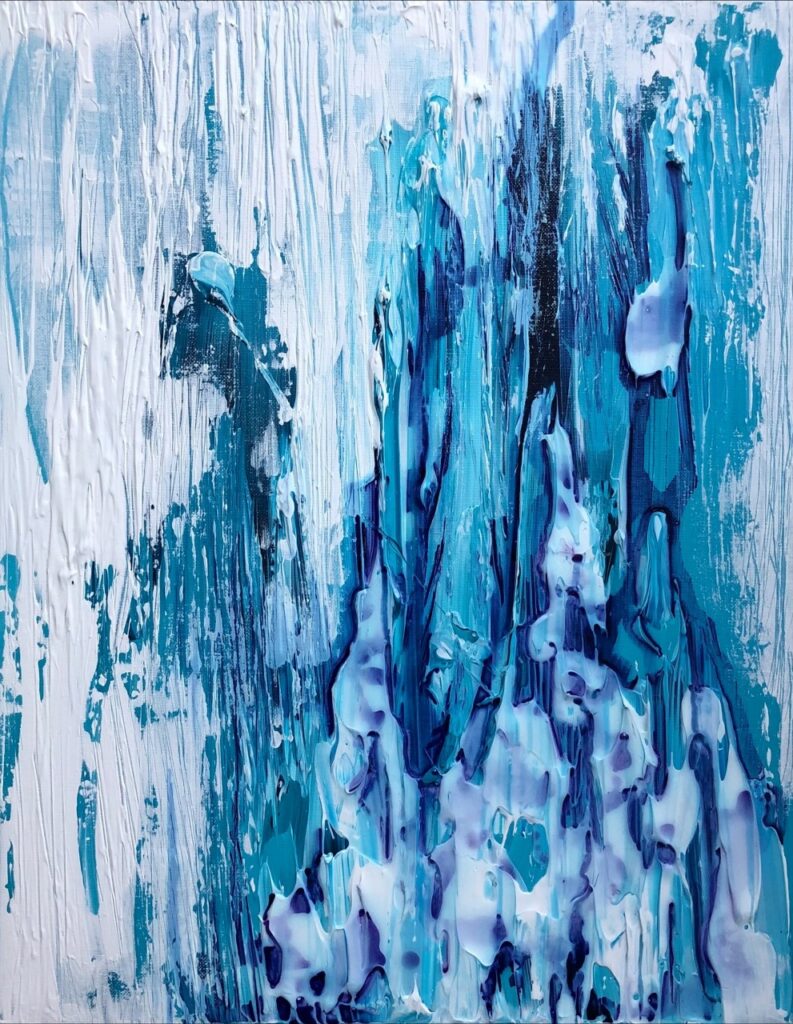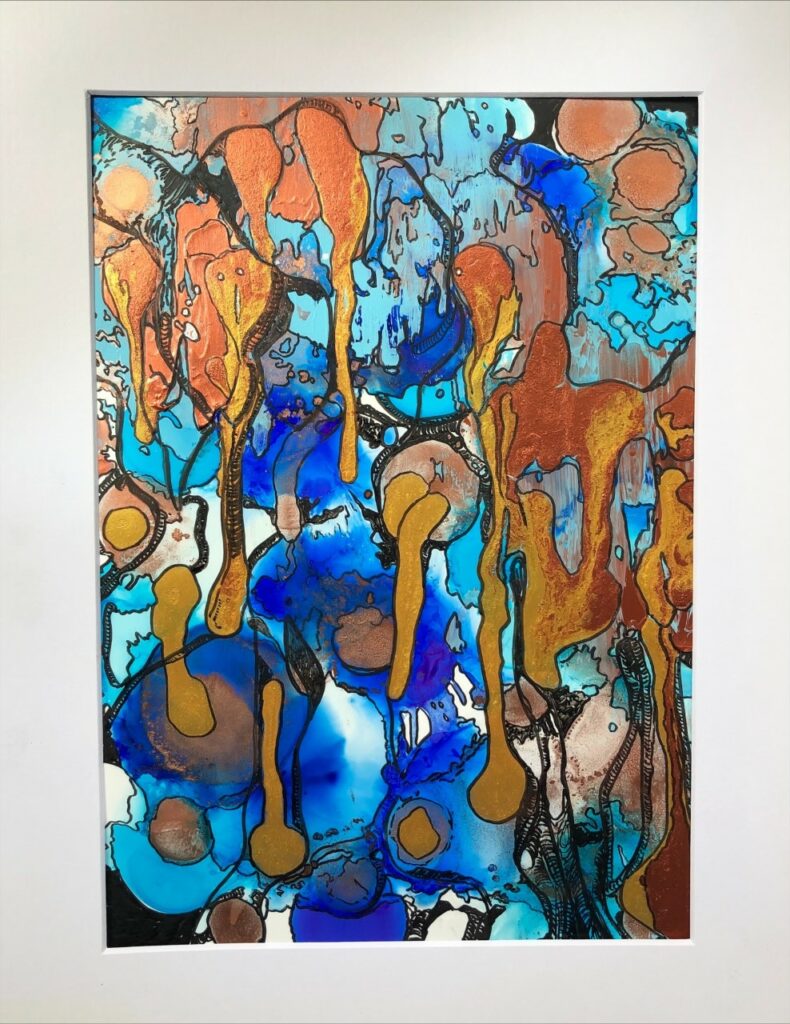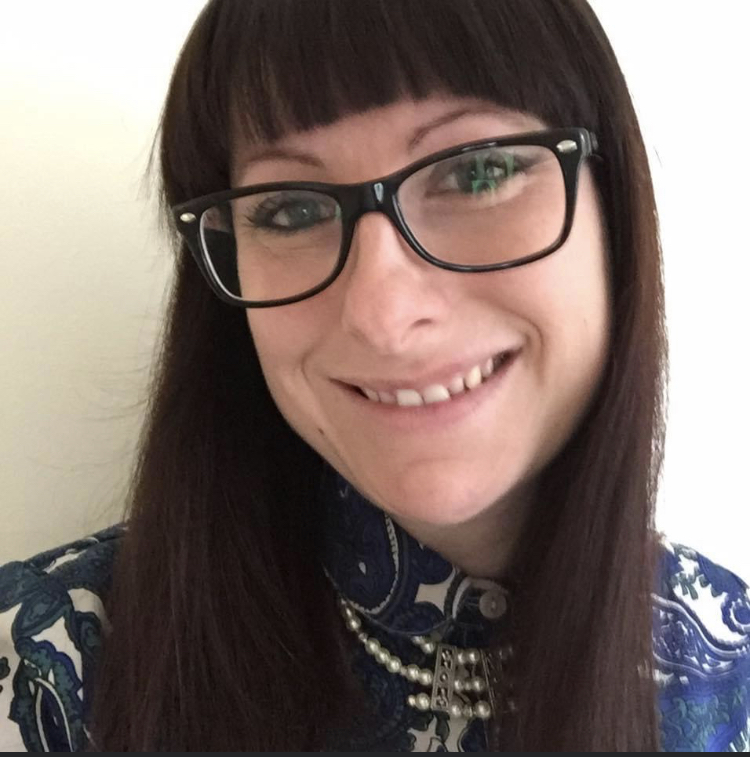
Part 2 MARK STATMAN: MEXICO AND THE POETRY OF GRIEF AND CELEBRATION
Part 2 of my interview with Mark Statman looks closely at Mark’s Latin American poetic influences, his life in Mexico and ends with an extract

In Part 2 of my interview with artist and environmentalist Caroline McPherson, I asked her about what lies behind the urgency of her art, how she relates to commercial pressures, and her love of the North Yorkshire Moors. In her own words, Caroline’s work, “Centres around The Anthropocene, and explores issues such as the fragility of nature, as well as the deep connections to the natural world that we all share in terms of our sense of self, our relationships, and our mental states.”

Leslie: How did your awareness of the Anthropocene begin, grow and develop? How does it affect your art and what are the deep connections and mental states that relate to nature to be found in your art?
Caroline: As a child, I was incredibly lucky to live a stone’s throw away from the countryside and spent a lot of my time there either on walks or picnics with my family or playing with my friends. Some of my earliest memories are of my father taking me mushroom picking in the fields near our home and making soup for supper. He would teach me about various plants, birds, insects etc, and encourage me to appreciate nature and what it gave to us. This has never left me and has only got stronger as I have got older. When I was a young teenager I started to learn about the human impact on our environment. I remember that there was a lot of dialogue around environmental issues and what the climate impacts could be if we didn’t change direction. I was also starting to become aware of issues around animal cruelty and the damage of this on our planet. When I paint about an environmental subject, it breaks my heart that all these years on we are faced with such devastating issues, all because we didn’t act sooner. I guess this is why I can sometimes be blunt and apocalyptic through this work, desperately trying to raise awareness that results in change and action. I think back to being a child, walking on wet grass without my shoes, looking at delicate spiders webs covered in dew, or smelling the petrichor after a rainstorm. Emotively, these memories rise inside of me while I paint about the beauty of nature, and at the same time fuel my anger and climate protest within my work.
Leslie: So there’s an underlying injustice you’re pointing to – a failure by the human race to control ourselves…
Caroline: Yes, it’s similar to my approach to animal exploitation, my personal response to the issues of climate emergency is the bedrock of these paintings. I research an issue I feel needs to be highlighted, and I aim to create dialogue and awareness. In the painting ‘Ablation Zone Greenland’ I went for a more literal image and obvious colour palette, and in my painting ‘A Boiling Ocean’ – a stronger, blunter message was communicated, through both its title, and a haunting lava-like imagery. I never want to shy away from using confrontational approaches.

Leslie: How does your commissioned work relate to the need to speak truth to power in art? Does money and the need to make a living stand in the way of conscience?
Caroline: I’m always very honest when taking on a commission as I don’t want to deviate from who I am as an artist and my own artistic style. I am happy to create something scenic and nature-based if it is something more literal that the client would like. For example, I have painted a couple of wedding bouquet commissions (which I enjoyed) but in most cases I like to go down my emotive, abstract approach and be authentic to my style. Thew work io produce based on climate issues, social issues tends to be what I like to create in-between commissions.
In relation to money and conscience, the simple answer to this is no! I spent many years working in other jobs which went my artwork was always put on the back seat. After a particularly awful wakeup call from working in a very corporate environment, I re-emerged to see again what I needed to be doing with my life. The experience emphasized to me the importance of being true to yourself, and thankfully, I am not a materialistic person. I don’t think that I could create a piece of art that I was happy with if I deviated from my own boundaries, and purely to make money.
Leslie: How does the character and topography of the N. Yorkshire Moors affect your art?
Caroline: This is a great question! The simple answer is that the North Yorkshire Moors is my happy place. Yorkshire in general brings out something in my soul that I can’t explain. I feel that it’s a place that allows me to be creatively free. I am mesmerised by the landscapes and adore the textures and positions of the sea against the backdrop of the colour changing moorland. Again, my time living in Bradford hugely influenced my art work and as someone from a small, rural town in the Midlands, it helped open my eyes to the rest of the world and all of its diversity.

Whitby is a fitting example of this. Despite it being a small town it has become accustomed to welcoming people from all backgrounds and is known for it celebration of subculture. Set amongst beautiful Victorian buildings you will often see modernity as well as feeling of ‘carnival’ where people can just be themselves. I love that sense of liberation and how it allows me to notice things, like the sea patterns contained within the cliffs, in more detail.
Leslie: Can you describe in a few words, the joy that art brings you, please
Caroline: Art makes me feel alive, aware and inspired. When I walk into a gallery it lifts my soul and makes my mind question everything. When I paint, I feel like I give a little piece of me, and this comes out creatively and emotionally. When other people find joy in my work it makes me feel like I have done what I was born to do.
Next week I interview eco-composer Emily Doolittle, whose widely-performed music includes zoomusicological pieces inspired by animal songs. Emily is an Athenaeum Research Fellow and Lecturer in Composition at the Royal Conservatoire of Scotland.
ABOUT LESLIE TATE’S BOOKS:

Part 2 of my interview with Mark Statman looks closely at Mark’s Latin American poetic influences, his life in Mexico and ends with an extract

I interviewed international poet and translator Mark Statman about Volverse/Volver, his 14th published collection. Mark, who has won national arts awards, is Emeritus Professor of Literary

I interviewed Lisa Dart, finalist in the Grolier, Aesthetica and Troubadour Poetry Prizes and author of The Linguistics of Light (poems, Salt, 2008), Fathom (prose

I interviewed writer Julia Lee Barclay-Morton about her experience of autism. Julia began as an experimental dramatist in New York, moving to the UK to

I interviewed Gillean McDougall from Glasgow, who edited the collaborative projects Honest Error (on Charles Rennie Mackintosh and his wife Margaret Macdonald) and Writing the
| Cookie | Duration | Description |
|---|---|---|
| cookielawinfo-checkbox-analytics | 11 months | This cookie is set by GDPR Cookie Consent plugin. The cookie is used to store the user consent for the cookies in the category "Analytics". |
| cookielawinfo-checkbox-functional | 11 months | The cookie is set by GDPR cookie consent to record the user consent for the cookies in the category "Functional". |
| cookielawinfo-checkbox-necessary | 11 months | This cookie is set by GDPR Cookie Consent plugin. The cookies is used to store the user consent for the cookies in the category "Necessary". |
| cookielawinfo-checkbox-others | 11 months | This cookie is set by GDPR Cookie Consent plugin. The cookie is used to store the user consent for the cookies in the category "Other. |
| cookielawinfo-checkbox-performance | 11 months | This cookie is set by GDPR Cookie Consent plugin. The cookie is used to store the user consent for the cookies in the category "Performance". |
| viewed_cookie_policy | 11 months | The cookie is set by the GDPR Cookie Consent plugin and is used to store whether or not user has consented to the use of cookies. It does not store any personal data. |